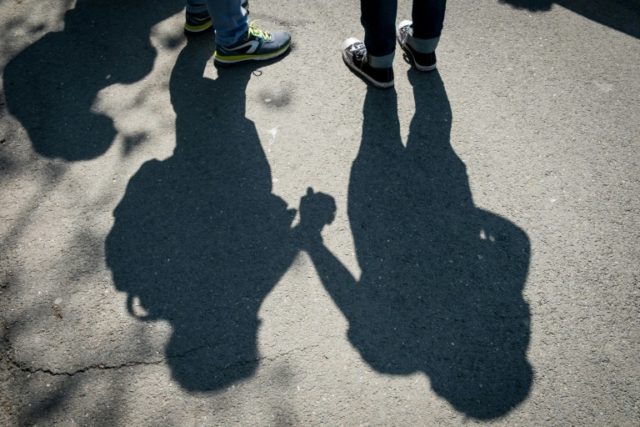Nairobi (AFP) – A Kenyan movie due to become the first in the country’s history to be screened at the Cannes Film Festival was banned by authorities on Friday for seeking to “promote lesbianism”.
The Kenya Film Classification Board announced the film “Rafiki” was being banned “due to its homosexual theme and clear intent to promote lesbianism in Kenya contrary to the law.”
In a statement, the board said the film “contains homosexual scenes that run counter to the law, the culture and the moral values of the Kenyan people.”
Ezekiel Mutua, the board’s head and a self-described “fervent moral crusader”, has previously sought to ban films, ads and cartoons he deems immoral, often on the grounds that they promote homosexuality.
“Rafiki” — meaning “friend” in Kiswahili — is adapted from a story called “Jambula Tree” by Ugandan writer Monica Arac Nyeko.
It tells the tale of two young women from different communities who fall in love.
The story won the 2007 Caine Prize, which is awarded to African writers of a short story published in English.
It is due to be premiered in the May 8-19 festival in the “Un Certain Regard” category, earmarked for films with unexpected or marginal themes by emerging directors.
The film’s Kenyan director, Wanuri Kahiu, said the decision was disappointing.
“I am incredibly sorry to announce that our film ‘Rafiki’ has been banned in Kenya,” she said.
“We believe adult Kenyans are mature and discerning enough to watch local content but their right has been denied.”
Under British colonial-era laws homosexuality remains illegal in Kenya.
In a televised interview last week, President Uhuru Kenyatta said homosexuality went against Kenyan society and culture.
He dismissed gay rights as being “not of any major importance to the people and the Republic of Kenya.”

COMMENTS
Please let us know if you're having issues with commenting.